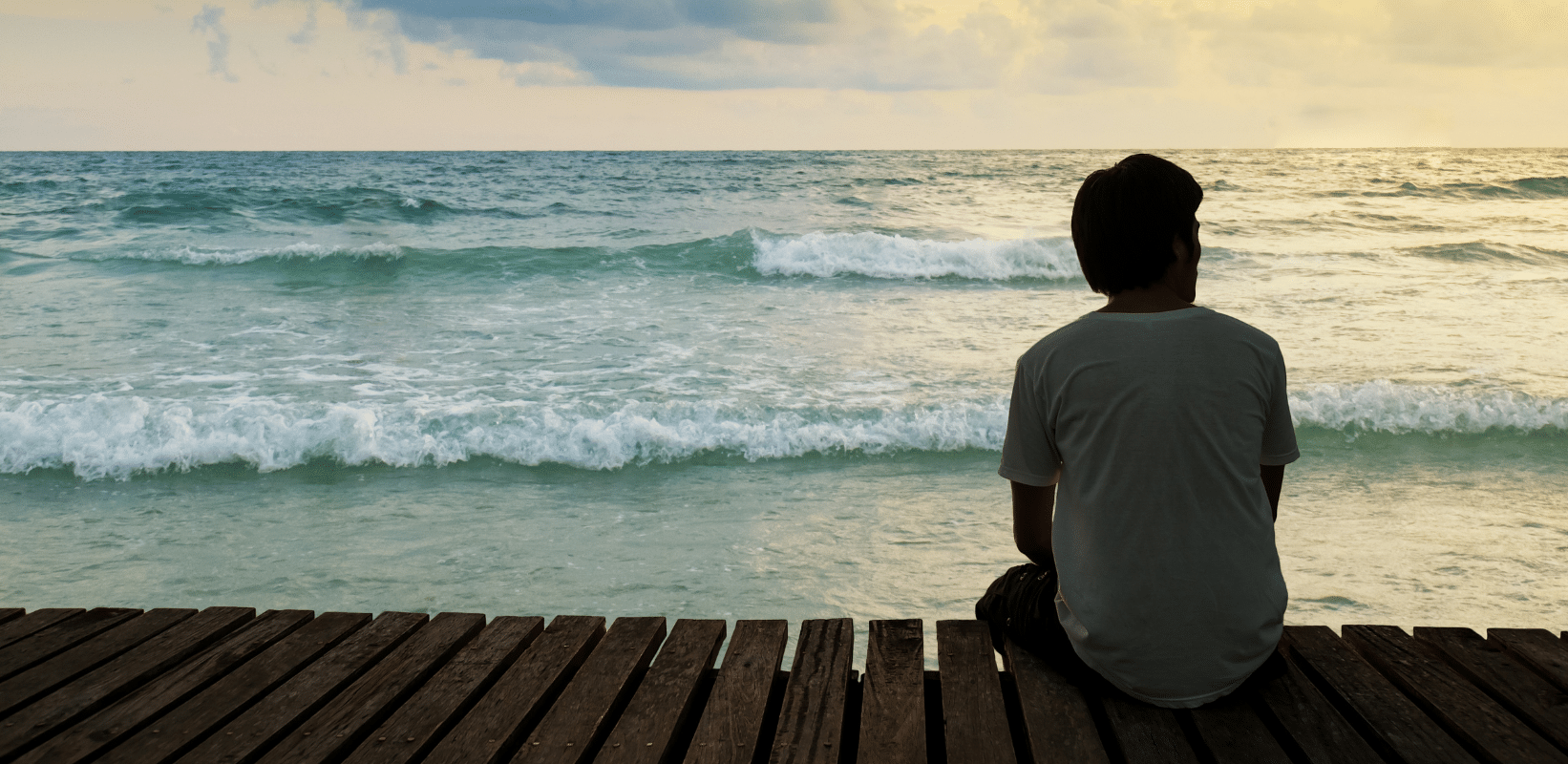As the summer holidays come to an end, many people experience a drop in mood known as the post-holiday blues. The excitement and freedom of vacation give way to the routine of daily life, leading to feelings of sadness, anxiety, and even depression. This transition can be particularly challenging for those in recovery from substance abuse, as it may trigger cravings and relapse. In this blog post, we’ll explore the causes of post-holiday blues and provide strategies to maintain mental wellness and prevent substance use during this transition.

Understanding Post-Holiday Blues
Post-holiday blues, or post-vacation depression, is a common experience. After a period of relaxation and enjoyment, returning to the responsibilities and pressures of everyday life can be jarring. Some common symptoms include:
- Mood Swings: Feeling irritable, anxious, or depressed.
- Lack of Motivation: Struggling to get back into the swing of work or daily tasks.
- Fatigue: Feeling unusually tired despite getting enough rest.
- Difficulty Concentrating: Finding it hard to focus on tasks.
- Sleep Disturbances: Trouble sleeping or feeling unrested despite sleeping.
These symptoms are usually temporary, but they can be particularly intense for individuals in recovery, making it crucial to address them proactively.
Strategies for Maintaining Mental Wellness
1. Establish a Routine
One of the best ways to combat post-holiday blues is to re-establish a routine. Structure provides stability and predictability, which can help ease the transition back to daily life.
- Set Regular Sleep and Wake Times: Regulate your sleep schedule to ensure you get enough rest.
- Plan Your Days: Outline your daily tasks and set achievable goals to give yourself a sense of purpose.
- Include Self-Care: Make time for activities that promote relaxation and well-being, such as reading, exercise, or hobbies.
2. Stay Active
Physical activity is a powerful tool for improving mood and reducing stress. Exercise releases endorphins, which are natural mood lifters.
- Regular Exercise: Aim for at least 30 minutes of moderate exercise most days of the week. This can include walking, jogging, yoga, or any activity you enjoy.
- Outdoor Activities: Spend time outdoors. Natural sunlight can help regulate your circadian rhythm and boost your mood.

3. Connect with Others
Social support is crucial for mental wellness. Reconnecting with friends and family can provide comfort and reduce feelings of isolation.
- Reach Out: Make plans to catch up with friends or family members.
- Join Groups: Consider joining a club or group related to your interests. This can help you meet new people and stay engaged.
- Support Groups: If you’re in recovery, continue attending support group meetings. Sharing your experiences and hearing others’ stories can be very reassuring.
4. Practice Mindfulness
Mindfulness techniques can help you stay grounded and manage negative emotions.
- Meditation: Spend a few minutes each day meditating. Focus on your breath and let go of intrusive thoughts.
- Deep Breathing: Practice deep breathing exercises to reduce anxiety and promote relaxation.
- Gratitude Journaling: Keep a journal where you write down things you’re grateful for each day. This practice can shift your focus from what you’ve lost to what you still have.
5. Set Realistic Expectations
It’s important to recognize that it’s normal to feel a bit down after a vacation. Give yourself time to adjust and be kind to yourself during this period.
- Be Patient: Understand that returning to your routine will take time.
- Avoid Overloading: Don’t try to catch up on everything immediately. Prioritize tasks and take things one step at a time.
6. Seek Professional Help
If your post-holiday blues persist or worsen, it may be helpful to seek professional support. A mental health professional can provide strategies tailored to your needs.
- Therapy: Consider talking to a therapist who can help you navigate your feelings and develop coping strategies.
- Substance Abuse Counseling: If you’re in recovery, continue working with your substance abuse counselor to stay on track.

Preventing Substance Use During the Transition
The stress and emotional turbulence of returning from a holiday can trigger cravings and relapse in individuals recovering from substance abuse. Here are some specific strategies to prevent substance use during this time:
- Stay Connected to Your Support Network: Keep in touch with your sponsor, support group, or any trusted individual who supports your recovery.
- Avoid Triggers: Identify and avoid situations that might trigger cravings. This could include certain places, people, or activities.
- Use Healthy Coping Mechanisms: When you feel the urge to use, turn to healthy coping mechanisms like exercise, mindfulness, or talking to a friend.
Call to Action
If you or someone you know is struggling with post-holiday blues or substance abuse, reach out for support. At Hooked on Hope, we are dedicated to providing comprehensive mental health and substance abuse support to help you navigate these challenges. For those in Tennessee, our sister company offers specialized care tailored to your needs.
Remember, you don’t have to face this transition alone. Help is available, and recovery is possible. Reach out today and take the first step towards maintaining your mental wellness and preventing substance use.
Together, we can overcome the post-holiday blues and build a brighter, healthier future. 🌟





